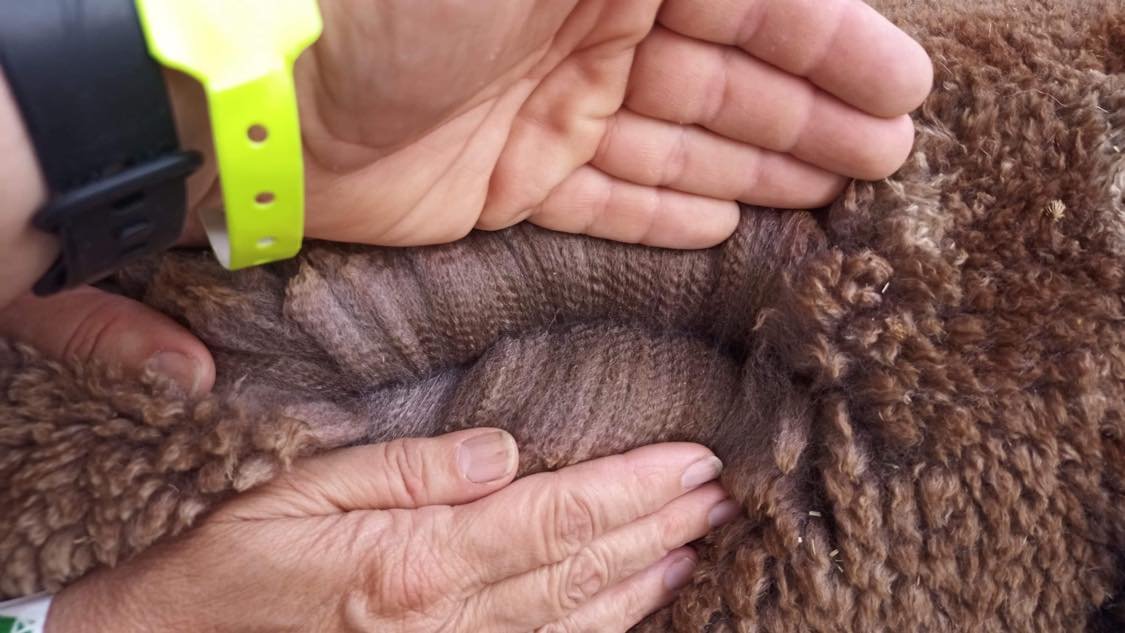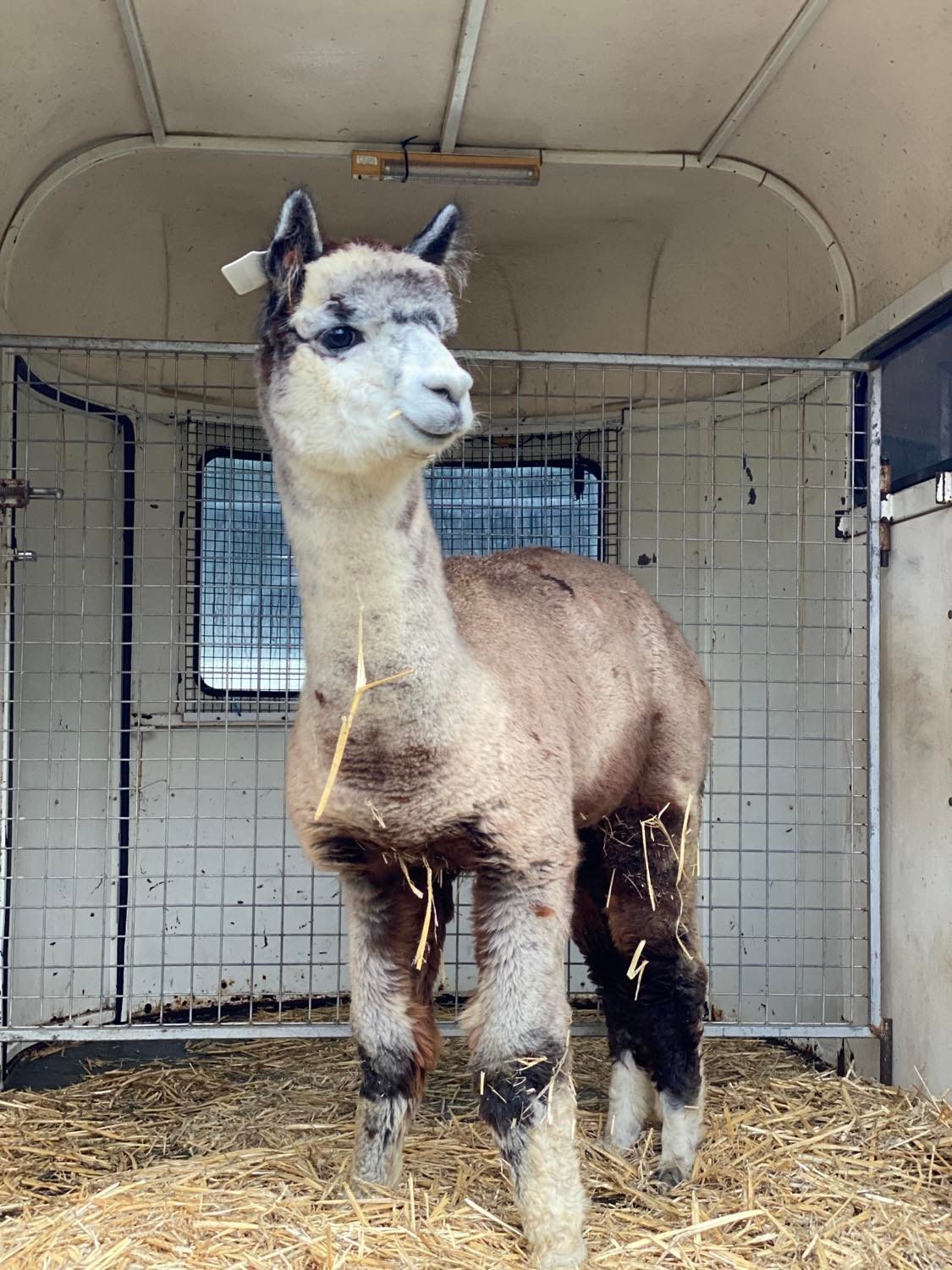Sunday, 9th March 2025
Are you thinking about owning alpacas or simply want to learn more about these fascinating animals? Join us on Sunday, 9th March 2025, at Little Valley Farm in the Hunter Valley, for our Introduction to Alpaca Workshop.
This hands-on workshop covers everything you need to know about alpaca care, including husbandry, feeding, handling, shelters, health checks, body condition scoring (BSC), and the FAMACHA system. Whether you’re a new or potential alpaca owner, this is the perfect opportunity to gain practical knowledge and ask all your questions.
Set in the beautiful Lower Hunter Valley, our farm provides a relaxed learning environment where you’ll meet our friendly herd of alpacas and of course, a couple of donkeys also.
Workshop Details:
📅 Date: Sunday, 9th March 2025
📍 Location: Little Valley Farm, Laguna, Wollombi Valley, Hunter Valley (90 mins from Sydney and one hour from the Central Coast).
🎟️ Limited spots available – book now!
Don’t miss out! Secure your place today and start your alpaca journey with confidence.
If you would like to camp (BYO tent or van) and use our communal toilet and shower area. These facilities are around 100 m walk from where you will set up camp.
Camping area has no electrical or water hook-up, so you need to be self-sufficient.
100 m walk to the toilet and shower area with solar lighting.
Please note that our camping is for adults (no children, infants, or pets).
Bonfires or fire pits are not permitted.
Camping is only offered to people who book the Introduction to Alpaca workshop only.
Suitable for vans, 4WD, and camper trailers but not large/high caravans due to our dirt track road and low line trees.
Email Daniela for rates for this one-night camp stay.
Our summerhouse can be booked for up to four adults who are attending our alpaca workshop. The stay would only be for the Sunday night (1 night). See rates and more here.
Little Valley Farm Hunter Valley, Wollombi Valley
Alpaca workshop NSW, Hunter Valley alpacas, how to care for alpacas, alpaca training, alpaca farming Australia, alpaca ownership, sustainable farming, Wollombi Valley farm experiences.































